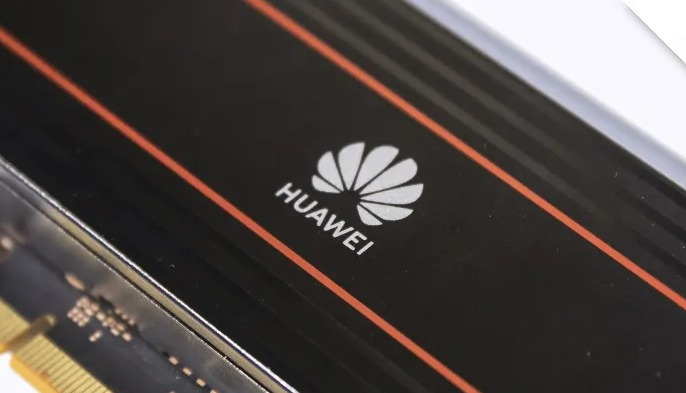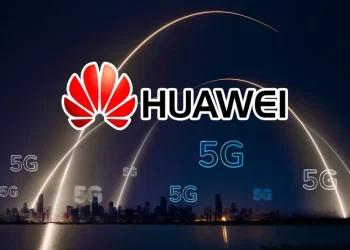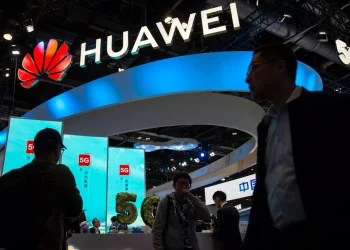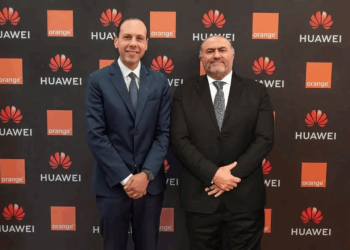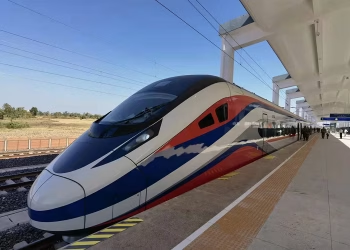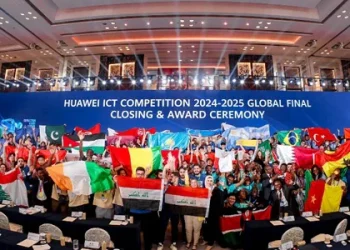The Huawei Ascend 910C AI chips have caused a stir in the ongoing tech war between the United States and China. As the US imposes strict export controls, global companies are under growing pressure to avoid using these chips. If not, they risk facing penalties. This adds another layer to the ongoing rivalry.
Furthermore, the Huawei Ascend 910C AI chips aim to challenge NVIDIA’s dominant position in the AI chip market. For example, the CloudMatrix 384 system, powered by the Ascend 910C, outperforms NVIDIA’s GB200 NVL72 system. As a result, the Ascend 910C presents a compelling alternative, offering superior performance in critical AI processing tasks.
In addition, the Ascend 910C has made significant strides in China. Many companies there are now actively seeking alternatives to US-based technology. Consequently, this rapid adoption could have broader implications, particularly as the tension between the US and China grows stronger.
However, US export controls pose a major obstacle to Huawei’s global expansion. The US Commerce Department has issued clear warnings against using the Ascend 910C. The department alleges that the chips may contain US technology. While Huawei manufactures the chips in China, their design is thought to rely on US-made components. Therefore, companies that use them could be at risk of facing legal consequences.
Moreover, the CloudMatrix 384, which incorporates the Ascend 910C, has raised additional concerns. It could potentially bypass US export restrictions. Although the system’s performance and competitive pricing make it appealing, adopting these chips might still violate US laws. Consequently, businesses must carefully consider the risks before incorporating them into their operations.
The competition between Huawei Ascend 910C AI chips and NVIDIA is intensifying. NVIDIA, the leader in the AI chip market, views Huawei as a serious threat. NVIDIA CEO Jensen Huang has expressed concerns, noting that Huawei benefits from significant government support. Additionally, Huang has called for the US to invest more in developing local AI talent. This is especially important given that a significant number of the world’s leading AI researchers are based in China. As a result, Huawei’s rapid progress is seen as a formidable challenge.
Nevertheless, despite the US restrictions, Huawei continues to push forward with the Ascend 910C. The company remains determined to challenge NVIDIA’s dominance in the market. With constant innovation, Huawei is positioning itself as a major player in the AI chip industry. As global demand for AI chips continues to rise, the Ascend 910C will likely become increasingly significant.
Additionally, China has worked tirelessly to reduce its dependence on US-made chips. The Ascend 910C plays a central role in this effort. By placing restrictions on chips containing US technology, China encourages the development of domestic semiconductor technologies. This push towards self-sufficiency in chip production has become critical not only for China’s economic growth but also for national security.
Looking to the future, the Huawei Ascend 910C AI chips hold considerable promise. However, they face significant hurdles. Huawei must overcome both US export restrictions and the well-established dominance of NVIDIA in the market. Nevertheless, given the rapid advancements in AI technology, particularly in China, Huawei will likely remain a key competitor. As countries seek alternatives to US-made chips, the Ascend 910C may become an essential component of the global AI ecosystem.
In conclusion, the Huawei Ascend 910C AI chips represent more than just a breakthrough in technology. They are at the center of a larger geopolitical struggle between China and the US. As Huawei continues to challenge NVIDIA and reshape the AI chip market, the global tech community will be watching closely. The outcome of this rivalry will likely have lasting effects on the future of AI technology.

